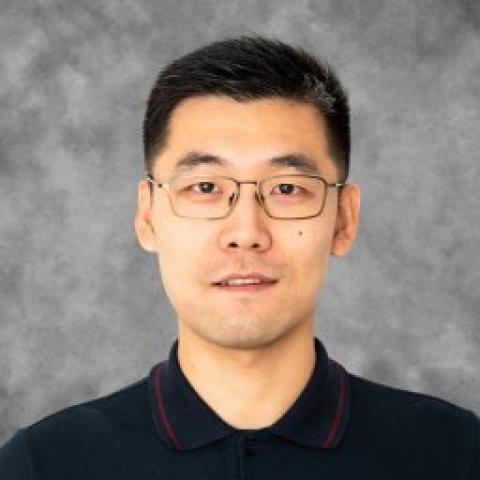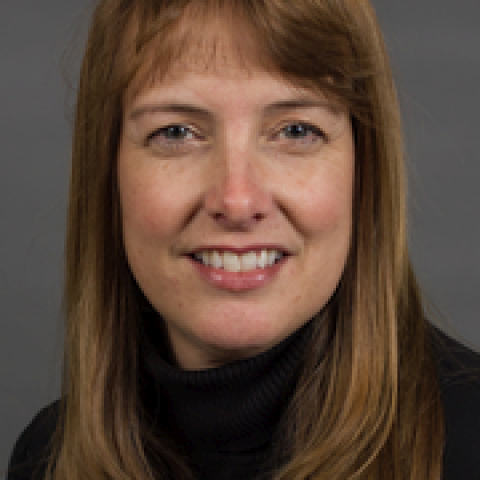Roy B. Wood Jr.


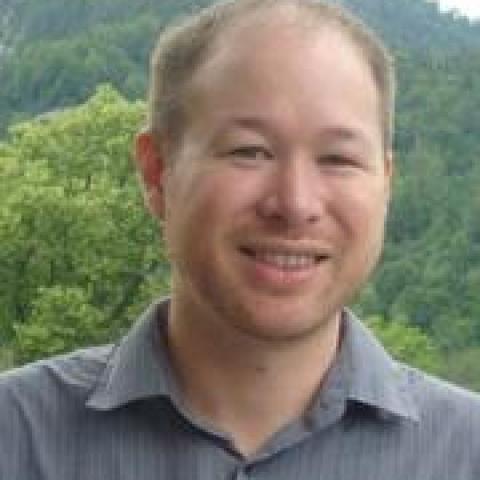
Professor John Wise uses numerical simulations to study the formation and evolution of galaxies and their black holes. He is one of the lead developers of the community-driven, open-source astrophysics code Enzo and has vast experience running state-of-the-art simulations on the world’s largest supercomputers. He received his B.S. in Physics from the Georgia Institute of Technology in 2001. He then studied at Stanford University, where he received his Ph.D. in Physics in 2007. He went on to work at NASA’s Goddard Space Flight Center just outside of Washington, DC as a NASA Postdoctoral Fellow. Then in 2009, he was awarded the prestigious Hubble Fellowship which he took to Princeton University before arriving at Georgia Tech in 2011, coming back home after ten years roaming the nation.
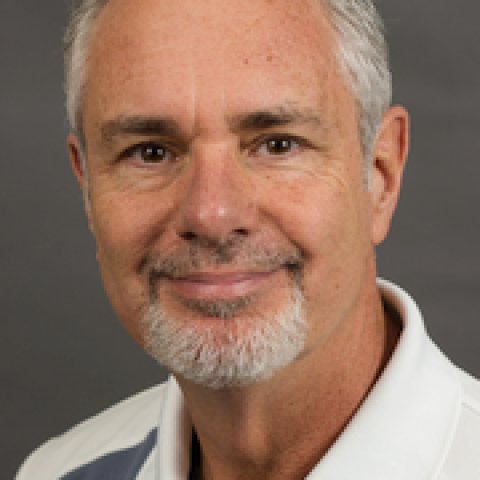
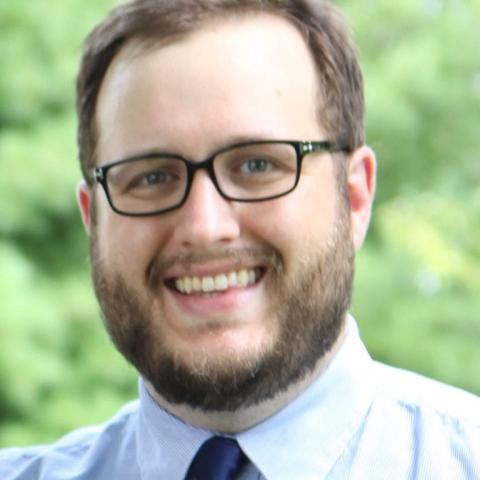
My research focuses on three major areas: (a) understanding and improving worker well-being, (b) temporal dynamics in team contexts, and (c) research methods. Collectively, my research seeks to improve our understanding of optimal human functioning more generally, across time, and within specific contexts (e.g., organizational, teams).
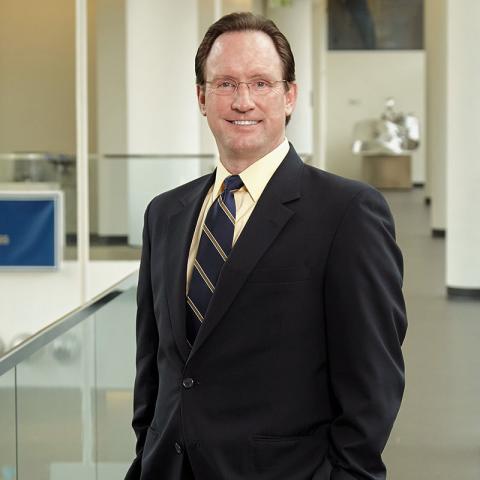
Keith Werle is Managing Director of the Business Analytics Center and a Professor of the Practice in Georgia Tech Scheller College of Business.
With over thirty years of experience in industry and consulting, his background spans a broad range of business disciplines including finance, analytics, strategy, and corporate development. He has consulted in many industries and for a diverse range of clients, from venture capital backed technology start-ups to global Fortune 50 companies. His client work focused on business analytics and the application of advanced data visualization, multi-dimensional performance analysis, data mining and machine learning techniques in strategy development, decision support, and operations management.
Data Mining; Visualizations


Rebecca Watts Hull is assistant director, faculty development for sustainability education initiatives for the Center for Teaching and Learning (CTL), with a courtesy appointment in the School of History and Sociology. Rebecca works with faculty to incorporate Education for Sustainable Development into their course design and teaching practices. She partners with other units to lead strategic initiatives related to sustainability education, including Sustainability Next’s Education for Sustainable Development implementation plan. Prior to her current role, Rebecca served as a Service Learning and Partnerships Specialist with the Center for Serve-Learn-Sustain (SLS), and she continues to collaborate closely with Georgia Tech's community-based learning initiatives. She facilitates the "Scaling up Sustainability Across the Curriculum Community of Practice" of the Association for the Advancement of Sustainability in Higher Education (AASHE) which supports collaboration among sustainability education professionals at dozens of colleges and universities. Rebecca also serves on AASHE's Advisory Council and STARS Steering Committee. Before her work at Georgia Tech, Rebecca held sustainability and educational leadership roles in the public, private and nonprofit sectors with responsibilities that included faculty development, science and environmental curriculum design, and community-based environmental education and advocacy. Rebecca earned an M.S. and Ph.D. from Georgia Tech in History and Sociology of Technology and Science, focusing her research on social movements and organizational change, and holds an M.S. in Natural Resources and Environment from the University of Michigan. She has taught Sustainability Leadership at Emory University, Environment and Sustainability Studies at Agnes Scott College, and American Environmental History, Social Movements, Community Organizing, and Organizing for Social Change at Georgia Tech.
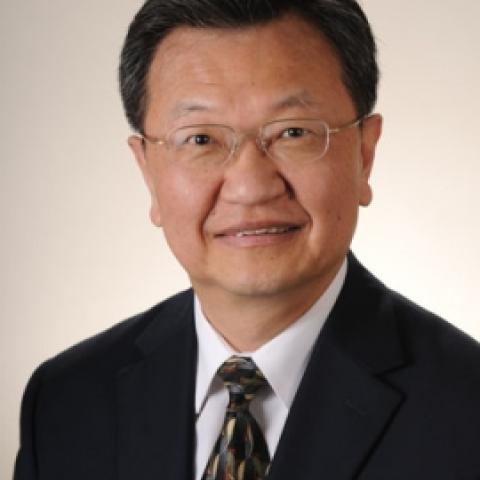
Ben Wang is Professor Emeritus in the H. Milton Stewart School of Industrial and Systems Engineering at Georgia Tech. In addition, Dr. Wang previously served as the Executive Director of the Georgia Tech Manufacturing Institute.
Dr. Wang's primary research interest is in applying emerging technologies to improve manufacturing competitiveness. He specializes in process development for affordable composite materials. Dr. Wang is widely acknowledged as a pioneer in the growing field of nanomaterials science. His main area of research involves a material known as "buckypaper", which has shown promise in a variety of applications, including the development of aerospace structures, improvements in energy and power efficiency, enhancements in thermal management of engineering systems, and construction of the next-generation of computer displays.
Dr. Wang served on the National Materials and Manufacturing Board (NMMB). NMMB is the principal forum at the U.S. National Academies for issues related to innovative materials and advanced manufacturing, and has oversight responsibility for National Research Council activities in these technology areas. Dr. Wang is a Fellow of the Institute of Industrial Engineers, the Society of Manufacturing Engineers, and the Society for the Advancement of Material and Process Engineering.
Because of his contributions to advanced manufacturing and materials, Dr. Wang was invited to deliver a presentation to the U.S. National Research Council Review Panel in support of the U.S. National Nanotechnology Initiative in 2005. In 2012, he was invited to give testimony before the National Academies Committee on Manufacturing Extension Partnership. In 2012 he was invited to participate in the Roundtable on Strengthening U.S. Advanced Manufacturing in Clean Energy in the White House.
In addition to authoring or co-authoring more than 240 refereed journal papers, he is a co-author of three books: Computer-Aided Manufacturing (Prentice-Hall, 1st Edition, 2nd Edition, and 3rd Edition), Computer-Aided Process Planning (Elsevier Science Publishers), and Computer Aided Manufacturing PC Application Software (Delmar Publishers).
Dr. Wang earned his bachelor's in industrial engineering from Tunghai University in Taiwan, and his master's in industrial engineering and Ph.D. from Pennsylvania State University.
